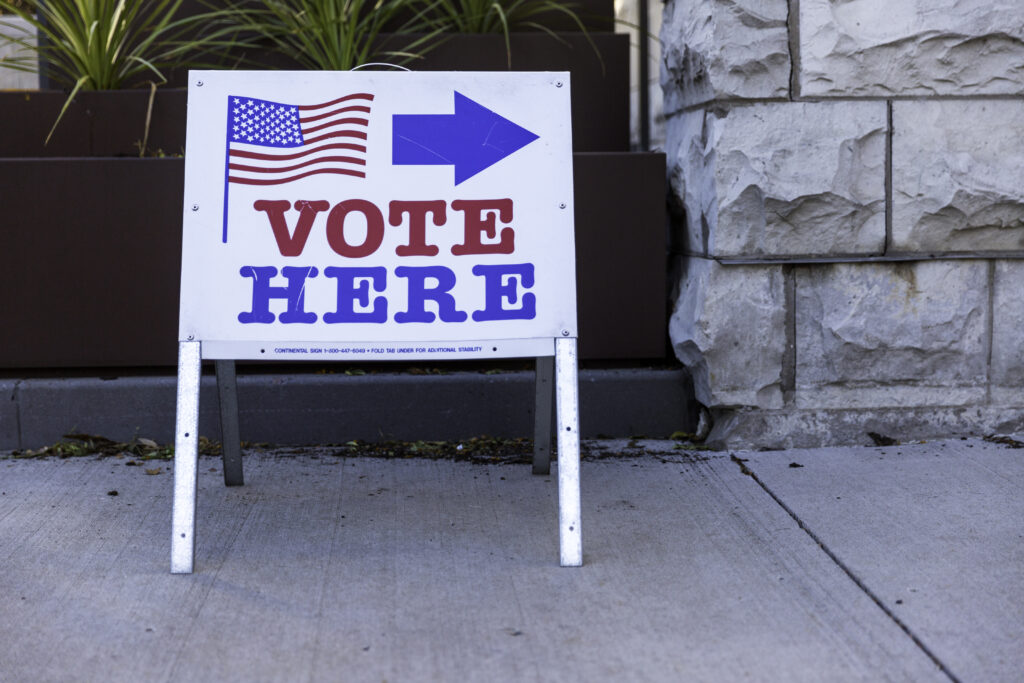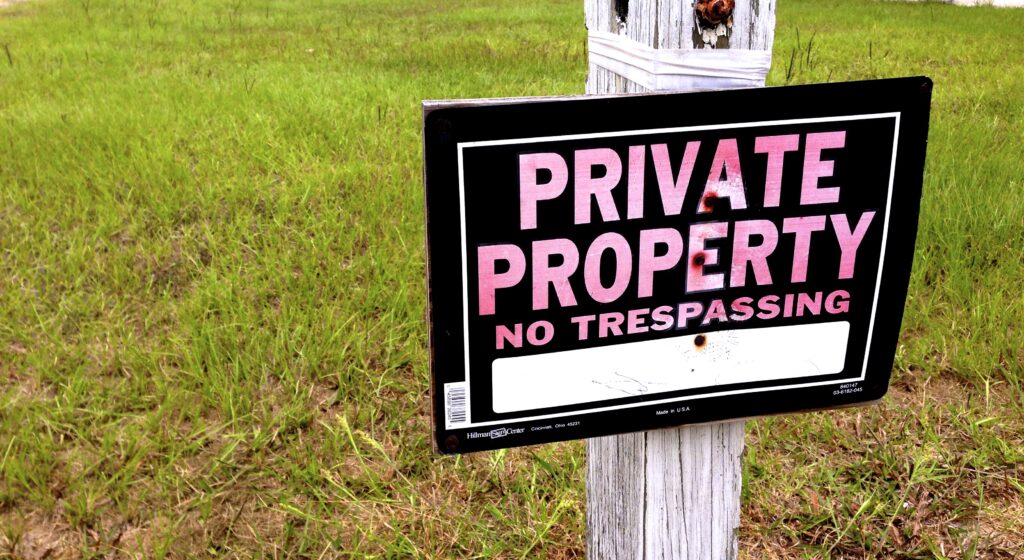Responding to calls for “network neutrality,” the Federal Communications Commission (FCC) on July 31 set specific conditions to be fulfilled by the eventual winner of a portion of a large block of spectrum for wireless telecommunications services set to be auctioned early next year.
The winner of a 22 MHz chunk of the 700 MHz spectrum up for auction will be required to offer wireless service on an “open access/open applications” basis. This means the license holder must allow any device compatible with basic standards to make and receive calls and transmit and receive data on the network. In addition, the license holder will not be allowed to limit the use of third-party applications software or prevent access to any Web sites.
With the new conditions, the FCC essentially is mandating an experiment with wireless business models. Wireless networks today are not neutral, and service providers tend to certify specific devices and software to work exclusively with their networks, as with the Apple iPhone, which currently is available only with AT&T service. Open standards do exist within this framework, however.
No Wholesale Requirement
The FCC stopped short of demanding the winner resell spectrum exclusively on a wholesale basis, out of fear the order might devalue the spectrum block to the point where incumbents, wedded to retail models, would not bid. This would have given a number of deep-pocketed bidders, such as Google, a bargain basement price on coveted spectrum.
Although FCC Chairman Kevin J. Martin viewed the rules as something of a compromise, it left policy analysts on both sides unhappy. Free-market advocates argue any nod to network neutrality opens the door to greater Internet regulation. Neutrality proponents protested the decision to drop the wholesale requirement gutted any meaningful regulation.
“Regardless how it chooses to style its action, and regardless whether it calls it net neutrality, open access, or ‘no-lock, no-block,’ the import is the same: The FCC is taking a step backwards to imposing common carrier regulation, a backwards step that imports public utility regulation into the broadband world,” commented Randolph May, president of the Free State Foundation, in a release.
While noting that Internet business models are always evolving, Hance Haney, director and senior fellow of the Technology & Democracy Project at the Discovery Institute, said mandated market experiments can create problems. Open access models, in which the owner of the spectrum surrenders a degree of control and therefore value, dampen investment. “I don’t think it will work,” Haney said of the neutrality requirement. “You can’t raise the enormous amounts of capital you need.”
An advocate for greater government regulation, Ben Scott, policy director at Free Press, said in a statement, “This step does nothing to address the failing broadband marketplace that has left too many Americans on the wrong side of the digital divide.”
Real Prices
Haney counters that the only consequence of the lack of a wholesale condition will be that companies like Google will now have to bid for spectrum. Many observers speculate that Google sought the wholesale provision in order to clear the way for newcomers such as Frontline Wireless and Skype to bid unopposed by incumbent wireless companies, for whom a wholesale mandate would have made the spectrum undesirable.
Many thought Google, which had allied itself as a potential retail wireless service partner with Frontline and Skype, hoped to benefit from this rules-inspired discount.
Now, said Haney, “If Google wants wholesale access, it has no choice but to pay for the spectrum itself.”
‘Beachfront Property’
Often regarded as one of the “beachfront properties” in the radio frequency world because of a variety of attractive technical and operating characteristics, a total of some 80 MHz in the 700 MHz area has drawn much political comment.
AT&T, Verizon, most other cellular incumbents, and many free-market think tanks are critical of open-access wireless auction requirements–as is the case with the landline net neutrality fight. (See related stories, pages 6-7.) Wireless open-access support comes from many Internet-intensive companies such as Google, plus advocacy groups such as the Save-the-Internet net neutrality organization.
Reacting to public comments made by Martin on the 700 MHz auction, CTIA-The Wireless Association accused Silicon Valley companies of convincing policymakers they require special auction rules that tailor-fit their business plans, and it criticized rules aimed at larger wireless operators.
“Crafting special rules for a company with a market cap of $170 billion to address problems that don’t exist in our competitive market makes absolutely no sense whatsoever,” the CTIA stated, clearly referencing Google. “Many wireless providers are offering WiFi-enabled devices, and consumers are purchasing and using those devices across the country, not just at company-branded hot-spots.
“In fact, wireless consumers today have access to more than 700 different wireless handsets,” the CTIA statement continued. “No party has ever been prohibited from bidding on spectrum at a public auction. Any company that wants to provide wireless service is and always has been welcome to bid, and if successful at auction they are free do whatever they wish with the spectrum they have purchased.”
Frank Barbetta ([email protected]) writes from Little Falls, New Jersey.
For more information …
Federal Communications Commission, “FCC Revises 700 MHz Rules to Advance Interoperable Public Safety Communications and Promote Wireless Broadband Deployment,” July 31, 2007: http://www.policybot.org/article.cfm?artId=21802



